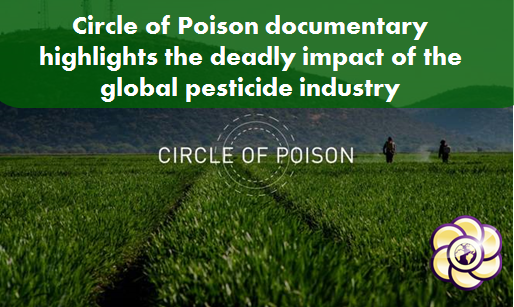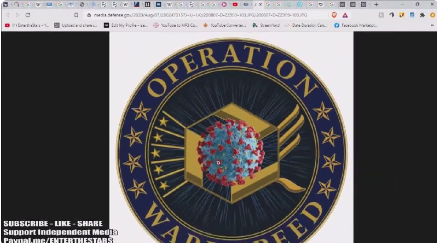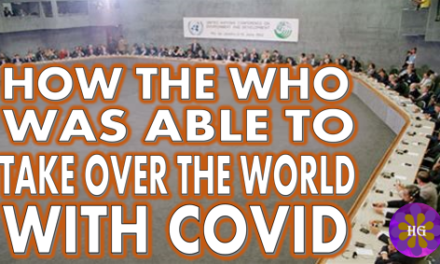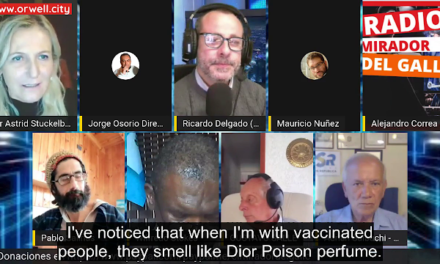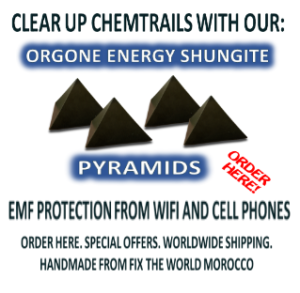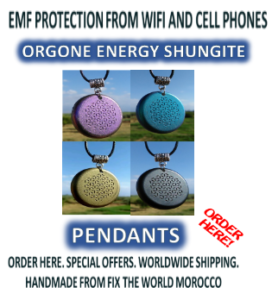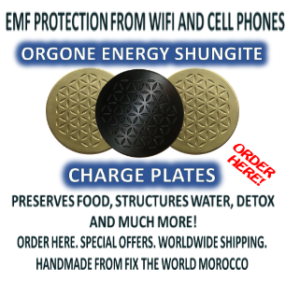Even after certain highly toxic pesticides get been banned for use in the US, they can still be produced here, “for export only.” This pro-business double standard not only endangers the lives of millions around the world, but can then also come back to haunt us in the form of imported foods.
Although the US agricultural industry, and the chemical industry that supplies all of the adjunct materials of modern farming (i.e. pesticides, herbicides, and fertilizers), has undergone somewhat of a transformation over the last few decades, with more attention being paid to the potentially toxic residues that end up on our plates, federal regulations are full of loopholes that can end up endangering the lives of everyone from the farmers to the consumers.
We’ve long been advocates for safer chemicals, more transparency in the food system, and the importance of ‘clean eating’ here at TreeHugger, so this isn’t exactly news to those of you who have been paying attention to the state of the food system. But this issue also goes well beyond our borders, as the agrochemical industry has managed to keep some loopholes wide open, which allows for producers to reap large profits while staying within the law.
A uniquely American pro-business double standard allows companies to continue to produce certain agricultural chemicals, most notably pesticides, that have been banned for use in the US, as long as they are only meant for export. In effect, we’ve managed to legalize the production and sale of known poisons (to both the ecosystem where they are applied, as well as to the humans who are exposed to them), so long as those poisons aren’t directly applied within the nation’s borders. This trade in known toxic chemicals can have a devastating effect on agricultural communities in other countries, many of which have much more lenient regulations about the use of these pesticides and other agricultural chemicals.
On top of that, this approach may also come back to bite us, due to our global food system, which relies on the ‘free trade’ of produce across borders, with little to no oversight or inspection (it’s said that the FDA inspects just 2% of imported produce).
One forthcoming documentary, Circle of Poison, highlights the (legal) toxic legacy of American pesticide production, as well as “exposes the shocking practice of corporate profit in the toxic pesticide trade.” The film, which took home the award for Best Environmental Film at the 2016 San Francisco Frozen Film Festival, will be available for video on demand (VOD) and DVD this fall, and features such notable figures as Noam Chomsky, President Jimmy Carter, Dr. Vandana Shiva, the Dalai Lama, and David Weir (co-author of the 1981 book by the same name).
“Circle of Poison shows how the global pesticide industry is politically powerful, shaping regulations (or lack thereof) and the conditions of food and farming around the world. Yet for every victim of the industry there are even more people fighting for their rights to safety and health and creating alternatives to the agrochemical industrial complex. From organic farm co-ops in Mexico and Argentina to a growing farmers market in India to the entire country of Bhutan becoming 100 percent organic, people are finding ways to grow food that is healthier for their families, communities, and the environment that don’t rely on or enrich the agrochemical corporations that have poisoned them.”
The 71-minute film was made by Player Piano Productions, and co-directed and produced by Nick Capezzera, Evan Mascagni, and Shannon Post. To find out where to see a screening of this damning documentary, see the Circle of Poison website.
To access the video, use source link below.
By Derek Markham
Derek is a digital dad with an analog streak, as comfortable with a smartphone as he is with pencil and paper. He’s got a soft spot for babies, bicycles and bouldering, and is the Head Shoveler at his mini-farm startup in New Mexico. You can also find him letting it all hang out on Twitter, Facebook, and NaturalPapa.
(Source: treehugger.com; September 8, 2016; http://tinyurl.com/jqjddkt)
Read More:
http://tinyurl.com/jqjddkt

